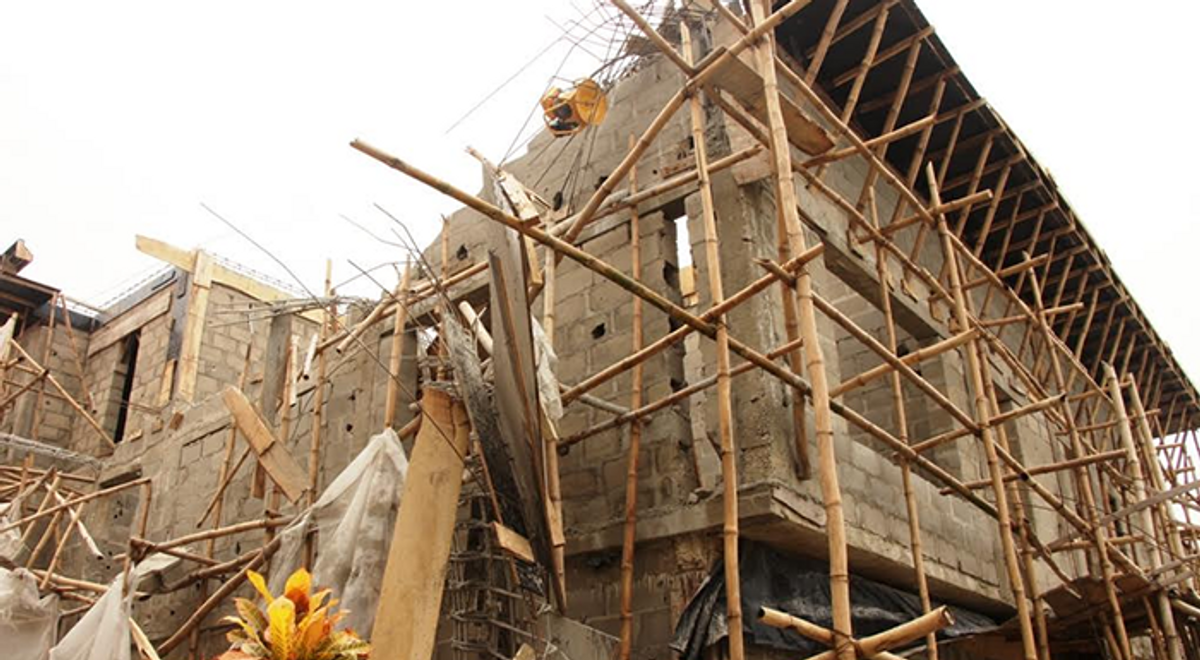One study counted 54 building collapse deaths and 122 injuries in Kampala, Uganda between 2004 and 2008. Another identified 112 cases in Lagos, Nigeria from December 1978 to April 2008. Cities in Ghana and Kenya, too, have recorded similar fatal incidents. It’s often suggested that the problems in African cities stem from authorities’ non-enforcement of building safety regulations. Substandard materials and incompetent builders abound. This argument has some merits – but it doesn’t adequately explain the problem. Today around 40% of Africa’s population – about 500 million people – live in cities. This is projected to rise to more than 1.4 billion people in the next few decades. Currently more than half of Ghana’s 30 million residents live in cities. Structural Adjustment Reform involved a series of economic interventions. But – in Ghana and elsewhere – the underlying idea was to remove governments from the provision of public goods and, instead, install private actors. For Ghana’s housing sector, this meant the removal of tariffs on imported building materials, the withdrawal of state grants to housing agencies, and the introduction of tax holidays for private real estate companies. These and other similar interventions were designed to attract private companies into the housing sector. The assumption was that private companies would provide more and cheaper houses and, therefore, serve the housing needs of the poor better than the state could. Sadly, they instead added to existing problems and contributed to new ones.
Leave a comment




